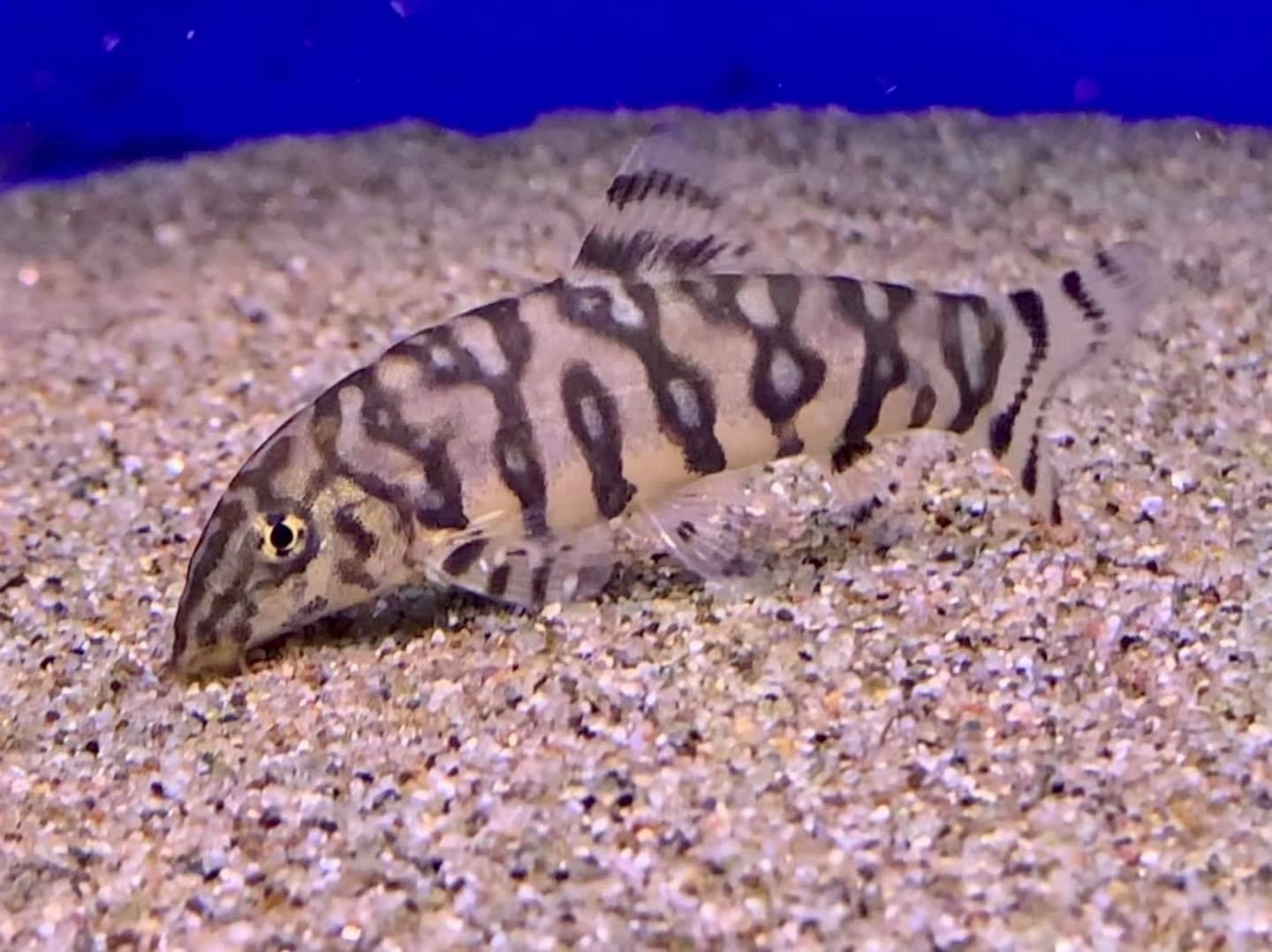Can you get some clear photos of the fish you don't know the species name of, please? Like the catfish in the 5g with the betta, and the ones in your 46g you don't know the names of? There's a near 100% chance that someone here will be able to ID them for you, and then we can help a lot more in terms of what their care requirements are, including what they'll eat!
Well you learn something everyday. Pet stores sell many of those as cleaners n even some websites talk bout them as cleaners of the tanknu need.
That's why I ask people who keep fish n won't try to sell me anything.
Definitely wise to ask hobbyists who don't have the motivation to sell you anything! A lot of people fall for misinformation - even if well meaning - from stores and websites. Have to remember that anyone can write a blog post or make a website, and spout their opinions, but it doesn't always mean accurate info, sadly. There's a tremendous amount of outdated, misinformed, and often wildly inaccurate info out there in this hobby sadly, which makes it really hard for beginners especially to sort through what's true and what isn't. With some topics, there isn't a hard and fast rule either, and is still a matter of hot debate; making it even harder.
A reliable site if you know the name of the fish you want to research is Seriously Fish. Written by scientists and experts in the hobby with decades of experience, both collecting fish from the wild and aquarium keeping, and you can find all the info about the species there. From temperature requirements, habitat and tank requirements, to whether they are suited for a community tank, and if so, what other fish they can safely be kept with, and in what minimum numbers that species needs to be kept.
I'm afraid your main stocking already needs some work... but is easily remedied! So this isn't a criticism, just trying to help. You have some tetra species that need to be kept in minimum group numbers in order to thrive. Neons live in groups of thousands in the wild, and just having two or three will make them feel stressed, unsafe, and not show them at their best, since stressed fish are often pale. They really need a group of eight to twelve.
The serpae tetra are especially worrying... I've never kept them because as pretty as they are, they are aggressive and fin nippers, especially when not kept in the right school numbers, and with more vulnerable fish. They'll harass and stress the more sedate fish like the gourami, and can cause havoc in the tank.
Even if your fish appear okay at the moment, remember that they are all juveniles when bought from the store, and behaviour changes as they mature to adulthood and are ready to establish territories and breed. People often say "they're all getting along well! No problems!" when it's only been a few months, only for all hell to break loose by the time the fish are a year old!
As said by others, bettas are solitary fish in the wild, fiercely territorial, and while females and males meet briefly in the wild to mate and lay eggs, the female doesn't stick around once the eggs are laid. The male will chase her off out of his territory. But there's nowhere for the female to escape when in a tank, and the male
will kill her before or after mating if the female isn't removed pronto. Keeping females together in a tank usually leads to disaster too. They're usually okay when young, but adult females don't live together in the wild, and can also kill each other, especially in a tiny tank.
The betta tank is overstocked too, whatever species of catfish is in there, unless it's perhaps a single oto... but a five gallon is enough for a betta, and perhaps some shrimp or a snail, but no other fish. Even then, depending on the temperament of the betta, the shrimp and even the snail are at risk of attack and death from the betta. Some are more chill, but aggressive ones will kill shrimp, and have been known to bite the eyeball stalks off of even large snails.
So if you can provide as many clear profile shots of the unknown species of fish, that would help a lot! And the pleco, because if it's a bristlenose, that's a lot less of a problem than a larger species like a common pleco, which would be a disaster in the making unless we figure out what it is. Welcome to the hobby, sorry about all the misinformation out there, and I hope you stick around and learn more with us here!



